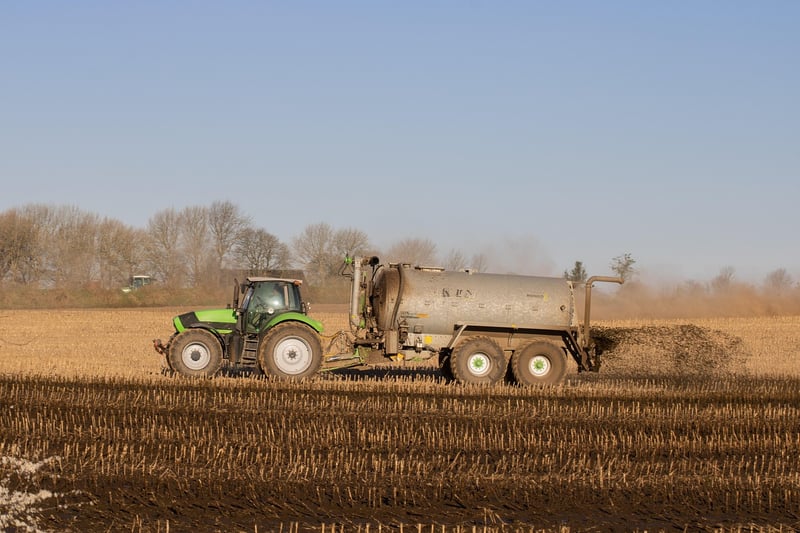Fertilizing
Tips for Keeping Your Garden Healthy: Fertilizing Guide
Having a healthy garden requires proper care and maintenance, and one essential aspect is fertilizing. Fertilizing provides essential nutrients to your plants, promoting growth, blooming, and overall vitality. Here are some tips on how to effectively fertilize your garden:
1. Choose the Right Fertilizer
There are various types of fertilizers available, such as organic and synthetic options. Consider the specific needs of your plants and soil type when selecting a fertilizer. Organic fertilizers are great for improving soil structure and long-term plant health, while synthetic fertilizers are fast-acting and provide specific nutrients.
2. Follow Instructions
Read the instructions on the fertilizer package carefully and follow the recommended dosage. Over-fertilizing can harm your plants, so it's crucial to measure accurately and apply the fertilizer as directed.
3. Timing is Key
Apply fertilizer at the right time for maximum effectiveness. Typically, fertilizing in the spring before the growing season starts and again in the summer can benefit most plants. Avoid fertilizing during extreme weather conditions or when the soil is too dry or waterlogged.
4. Consider Slow-Release Fertilizers
Slow-release fertilizers provide a steady supply of nutrients to your plants over an extended period. This can help prevent nutrient leaching and reduce the frequency of application, saving you time and effort in the long run.
5. Monitor Plant Response
Pay attention to how your plants respond to fertilization. Look for signs of over-fertilization, such as burnt leaf tips or stunted growth, and adjust your fertilizing routine accordingly. Healthy plants will show vigorous growth and vibrant foliage.
6. Organic Alternatives
If you prefer an organic approach, consider using compost, manure, or other natural materials to fertilize your garden. These organic alternatives can enrich the soil, improve its structure, and promote a thriving ecosystem in your garden.
Conclusion
By following these tips and guidelines, you can ensure that your garden receives the necessary nutrients for healthy growth and development. Fertilizing is a crucial step in garden care, so make sure to choose the right fertilizer, apply it correctly, and monitor your plants for optimal results.

Remember, a well-fertilized garden not only looks beautiful but also supports a thriving ecosystem of plants and beneficial organisms. Take care of your garden, and it will reward you with bountiful blooms and healthy harvests!
